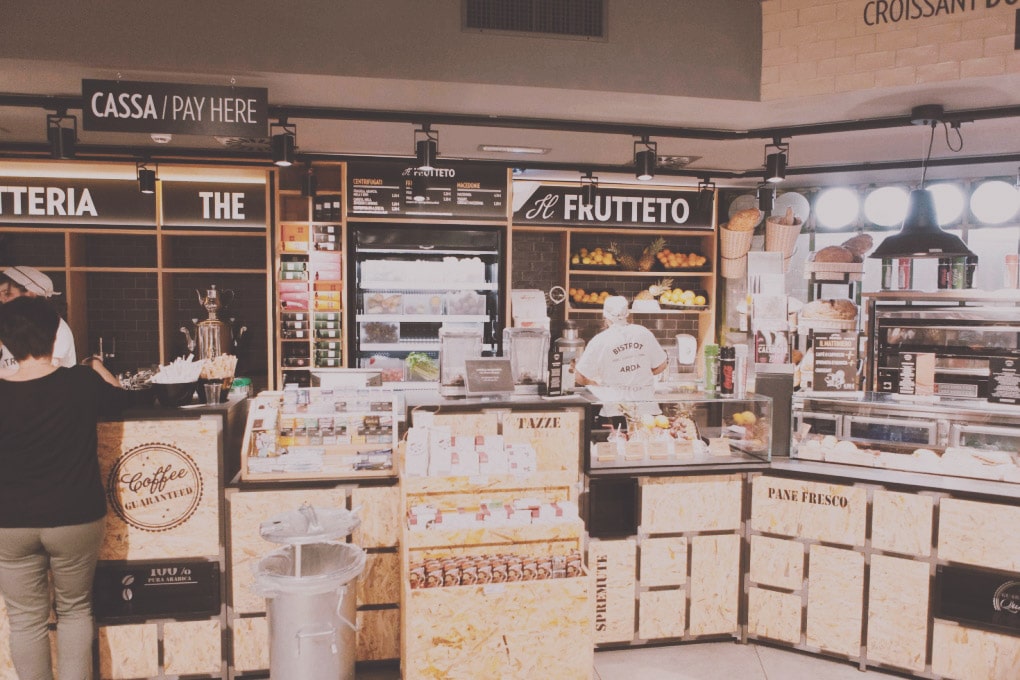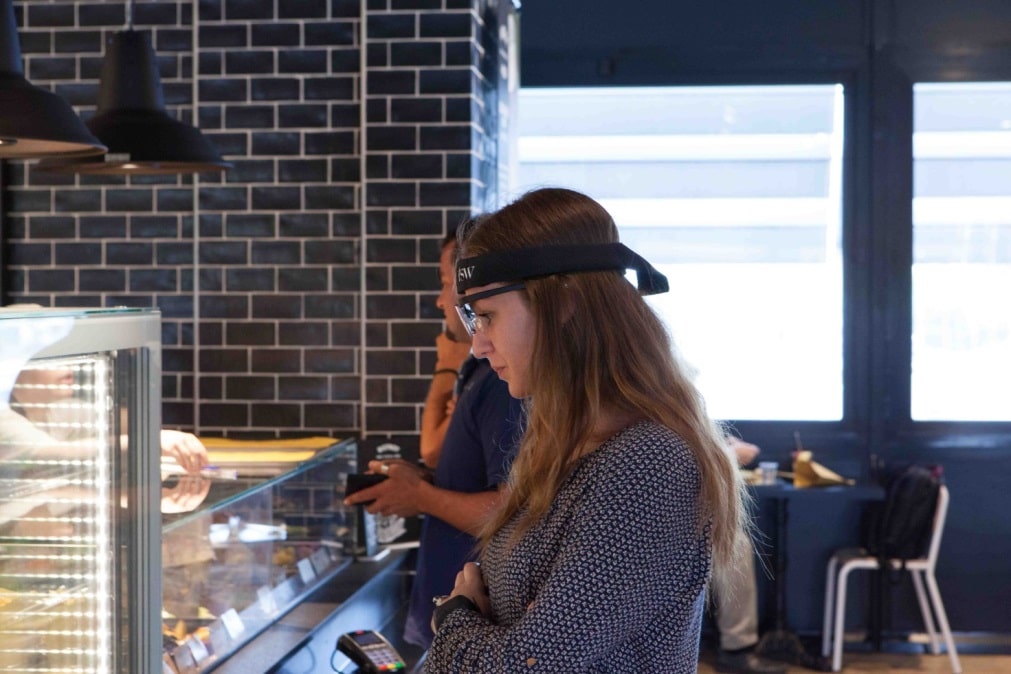Autogrill is the leading company in the travel catering services industry. Historically committed to enhancing its offer, it has recently worked in collaboration with the University of Gastronomic Sciences in Pollenzo to develop the Bistrot concept. The main thrust of the concept is to promote local produce, regional recipes and craft manufacturing practices – a genuine innovation in the sector.
The role of TSW in this project is to listen to the people who have had their first experience of the new concept. One way of finding out what new customers actually like or don’t like about the new Bistrot is to listen to their ideas for improvement. Because only by listening to those who have had an experience can we truly understand how to simplify it and adapt it to the expectations of users.
What is the new Autogrill Bistrot concept
Bistrot offers a sustainable, high-quality travel catering service – a solution that immediately garnered much acclaim from consumers. Envisaged as a modern city market, each Bistrot has an offer that ranges from freshly baked goods to a café, street food and fruit, showcasing the produce of the local area.
Building on the success of the first openings, Autogrill has launched a programme to expand and develop Bistrot with the addition of more outlets in Italy and abroad.
The first opening in Italy was Bistrot Milano Centrale in 2013, followed by Bistrot Rome Fiumicino and Bistrot Milano Duomo, the latter going on to win the Best Retail Brand Identity Award at the Grand Prix in 2016.
These city centre openings heralded the launch of the Bistrot concept for the first time on the motorways, with the April 2016 inauguration of Bistrot Fiorenzuola d’Arda.
This opening has a certain symbolic and historic significance, as this was the site of the first ever motorway service bridge built in Europe. Today, the service station bridge is one of this country’s most iconic images of modernisation, harking back to Italy’s economic boom of the time and the generations of Italians travelling up and down the Autostrada del Sole.

Understanding people’s experience of a new dining concept
The introduction of the new Bistrot concept by Autogrill has proved to be revolutionary in terms of environments and established practices of travel catering.
How have people’s dining experiences been on their first encounter with the concept, bearing in mind that it overturns all commonly held perceptions of the Autogrill brand? This is what TSW and Italy’s most famous travel catering company has tried to find out by listening to people and analysing their interactions with the new environments.
TSW has observed interactions among people who were about to visit Autogrill Bistrot for the first time, aiming to find the key to allow the uptake of innovations in the quickest and easiest way, and ultimately enhance the experience of customers.
The investigation carried out by TSW in this context was both qualitative and quantitative, assessing the behaviour of people during their first interaction with the new place. Users were simply asked to move within the Bistrot. They were completely free to select where they would like to sit down for lunch, just as they would do in an everyday situation where someone decides to stop to eat at an Autogrill station during a long motorway journey.
Using eye tracking and electroencephalographic (EEG) analysis tools, TSW was able to identify the moments of maximum pleasure of the experience, as well as some small usability barriers.
Improving the information architecture of a place by listening to people
People normally tend to follow a flow of interactions with things and places that is guided by habits. Whenever they face a challenge that involves changes to a known and established experience, the information structures that make up this experience take on a fundamental importance. This is why understanding the interaction between people and the information architecture of an environment becomes just as important.
The information architecture of an environment such as a restaurant is extremely complex. Our task is to understand it and improve it in order to create an easier experience for the people who come into contact with it. This is only possible by observing and listening to people during their first interaction with the environment.
The people who experience a place, like a restaurant, for example, can help us identify issues that may not be apparent to employees or those who have a comprehensive knowledge of a place or a project; the latter in fact enjoy a privileged point of view and are already aware of existing dynamics that for an outsider may seem strange or difficult to single out.
Our job is to listen and observe people who have an experience for the first time, so that we can understand the problems they encounter and how we might solve them. This we do, as always, in synergy with people and together with them.

Ask us for more